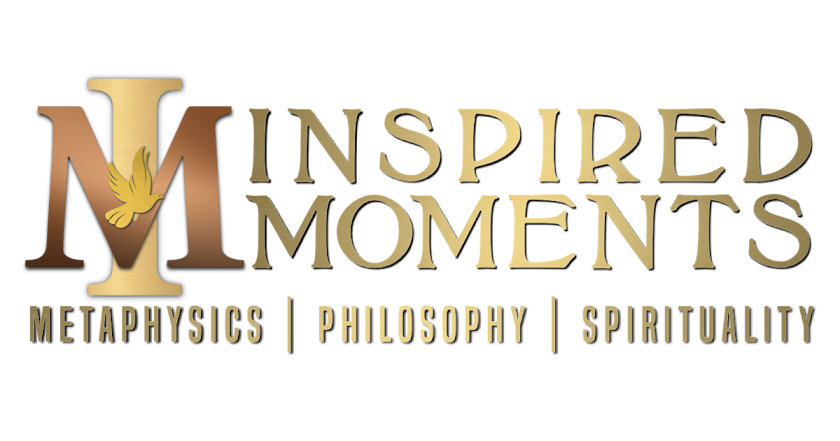The Pagan God of Genesis
Within the formation of the early Roman Church, numerous Gentile and Pagan influences were included in the rituals and practices as a means of drawing believers into the Holy Roman Universal (Catholic) Church. These Pagan beliefs and practices became grafted in to the Roman version of literal-historical Christianity. This included not only rituals, but numerous beliefs and practices.
What most modern day Christians do not know, is that the God of the Old Testament (YHWH/Jehovah) was actually a Pagan God, and that the New Testament Christ was also a Pagan God. The ancient Hebrews developed their notions of God/YHWH and mankind from being influenced by many cultures that preceded them. Under Assyrian and Babylonian rule, they learned much about the Sumerian, Mesopotamian, Canaanite, Egyptian, and Greek mythology. They borrowed from these cultures and transformed the myths about God and man, along with their own concepts, and made them into their own heritage and history. They changed the names of the characters, the geographic locations, and symbolized all the names and places thus hiding within the scriptures, the deeper inner meanings.
All religions are the creation of men, trying to find a reason and a purpose for life and it’s experiences. They came to the conclusions that an essence of Source Energy must be within all of creation since all things originated from one beginning. All of the Bible stories are re-interpretations, and transformations, of earlier Pagan myths and legends. Regardless of their deeper spiritual message, as it says in the Old Testament itself … “there is nothing new under the sun.”
The Allegory of Adam and Eve and the Genesis account of creation were all presented long before the Hebrew interpretation and scriptural accounts were compiled and recorded. One need only reference “The Epic of Gilgamesh” given us by the Sumerians and you will see the vast similarities. Even all of the Mesopotamian Myths say that God rested on the 7th day after destroying the world with great flood. Inversion, alterations, name changes, and geographic relocations were all that was needed to create a literal history for their people that in all likelihood, never happened.
So, who is this God/YHWH we find in the Genesis Mythology? In reality, he is a conglomerate of multiple deities of earlier Pagan Gods reworked and transformed by the early Hebrew Priest and Scribes. For one, he is Enki of the Sumerians Myths. For another he was a volcano mountain God, and a God of War among other deities having led up to the ineffable name of YHWH (Yod Hey Vav Hey) meaning IAM, or I AM that I AM, or I Exist, or I AM being. It was the name given to Moses according to the OT. When we add the Hebrew letter Shinn (meaning saviour) to the four letters (tetragrammaton) we get YHSWH, or Yehoshua, or Joshua, and eventually from the Greek and Latin transliterations … Jesus. Therefore, in principle and symbolism, the word Jesus means “God is Saviour.” It is more a statement and principle, than it is a name.
Just a thought …
~Justin Taylor, ORDM., OCP., DM.
